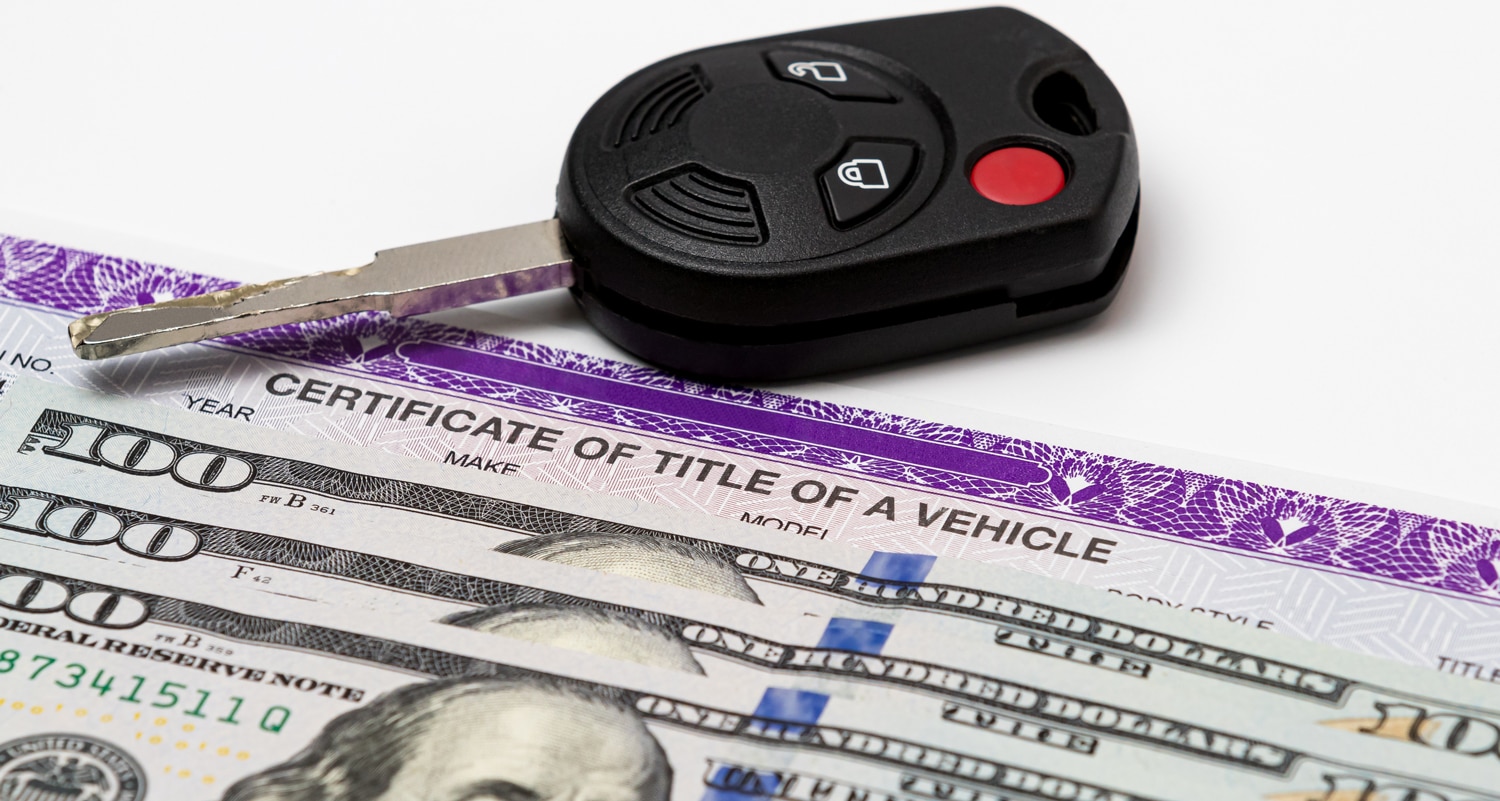Salvage Title Cars: Know the Risks
Buyer beware: A totaled car can be a total nightmare.
 Shutterstock
Shutterstock
So you’ve finally found a used car and are ready to pounce. It’s everything you’ve been looking for. Sweet! And it’s even thousands of dollars cheaper than comparable cars. Score! But wait; it has a salvage title. Darn. The search continues.
What’s so bad about a salvage title? Well, a salvage title means the car has a history and it’s not a good one. Let’s explore the risks associated with buying a vehicle with a checkered past.
What Is a Salvage Title?
A vehicle receives a salvage title if it sustains a significant amount of damage and is declared a total loss. When the cost of fixing a car comes too close to or exceeds the vehicle’s value, an insurance company may determine a vehicle is totaled and the state will then issue a salvage title for the car. A vehicle can earn a salvage title, also known as a branded title, due to a severe collision, flooding, parts theft, vandalism, fire damage, and sometimes hail. A vehicle with a salvage title cannot be registered or driven on public roads until it has been repaired and passed a state inspection, at which point it receives a rebuilt title. If an ad notes that the vehicle has a junk title, that means the totaled car is beyond repair and should only be used for parts.
What Are the Risks of Buying a Vehicle with a Salvage Title?
Safety is the main concern. Even though the exterior of the vehicle looks okay, what’s beneath it might not be. If a car has a salvage title because of a collision, the crash structure likely has been compromised and may not protect you in an accident. That’s because modern cars have structural metal that’s supposed to bend to absorb the force of an impact. This metal cannot be bent back into position to be reused; once it’s done its job, it doesn’t have the same resilience.
Additionally, while a salvage-title car might be cheap to purchase, it can be a huge headache and financial burden to own. The shops that rebuild these vehicles tend to use the least expensive (re: low quality) components. Flood cars, in particular, can have all sorts of unseen problems. Mold and corrosion can grow under carpets and in nooks and crannies, and electrical nightmares are almost inevitable. A salvage vehicle that has received a rebuilt title will also be more difficult and more expensive to insure.
How Does a Salvaged Car End Up Back on the Road?
There’s big business in salvage cars, and it’s not the most honest. People buy wrecked vehicles and repair them enough to pass a state inspection, which allows the refurbishers to apply for rebuilt titles. Beware of sellers who essentially put lipstick on a pig to dupe unwitting shoppers into buying problematic vehicles. Some insurance companies offer coverage (albeit limited) for rebuilt vehicles, and you can legally drive these cars on the road.
How Do I Avoid Buying a Car with a Salvage Title?
Always ask the seller if the car has a clean title and make sure you see it before completing the purchase. We’d also recommend you ask for or purchase a vehicle history report from a company like Carfax or AutoCheck and read it thoroughly. Lastly, whenever you’re close to buying a used car, you should insist on getting a pre-purchase inspection with a mechanic you trust, who may detect damage or other suspect repairs that didn’t show up on the history report. For instance, the shop I used to work at once saved a customer from buying a very unsafe vehicle. During a pre-purchase inspection of a used SUV, we noticed the vehicle had a bent roof, indicating severe crash damage. Someone had put home roofing tar on the sunroof seals to try to mask the fact that the glass and sheet metal no longer aligned. They also tried to hide critical structural issues with body filler.
Should I Buy a Car With a Salvage Title?
It’s a risk, and only you can decide if the potential reward is worth it. Personally, I avoid salvage-title vehicles and tell my friends and family to do the same. When you buy a car with a salvage title, you’re starting with damaged goods, and the full extent of that damage may only become clear when the vehicle fails to perform as it should in a collision.
Written by humans.
Edited by humans.
 Jon Yanca
Jon YancaTo say cars have been a lifelong passion for Jon Yanca would be an understatement. Obsession is probably more fitting. He brings over 15 years of automotive-industry experience spanning from top enthusiast publications, to advertising and marketing, to independent auto repair. When Jon is not writing about cars, you'll find him racing on dirt, pavement, and even ice, or with a wrench in hand maintaining his fleet of vehicles.
Related articles
View more related articles